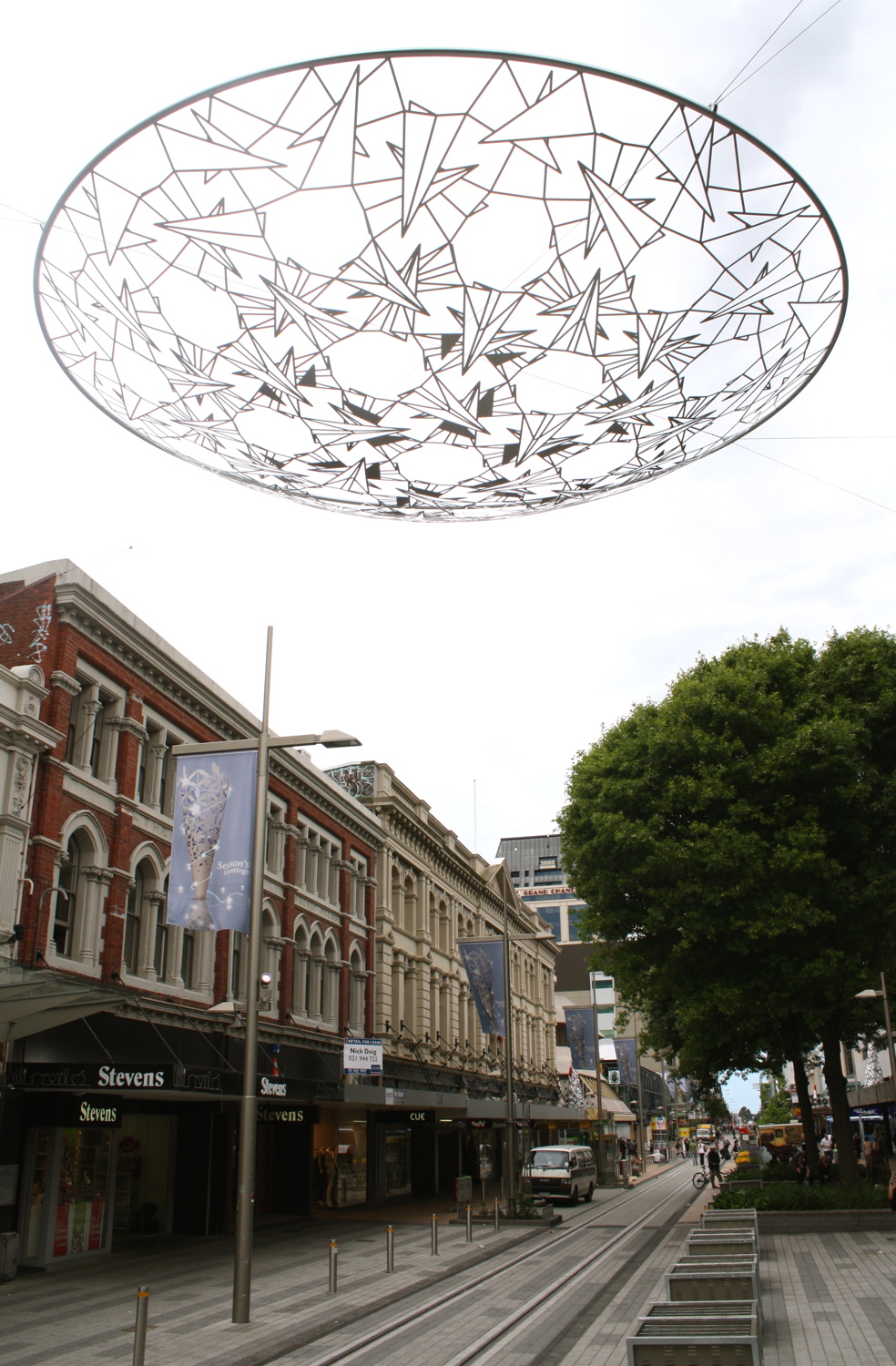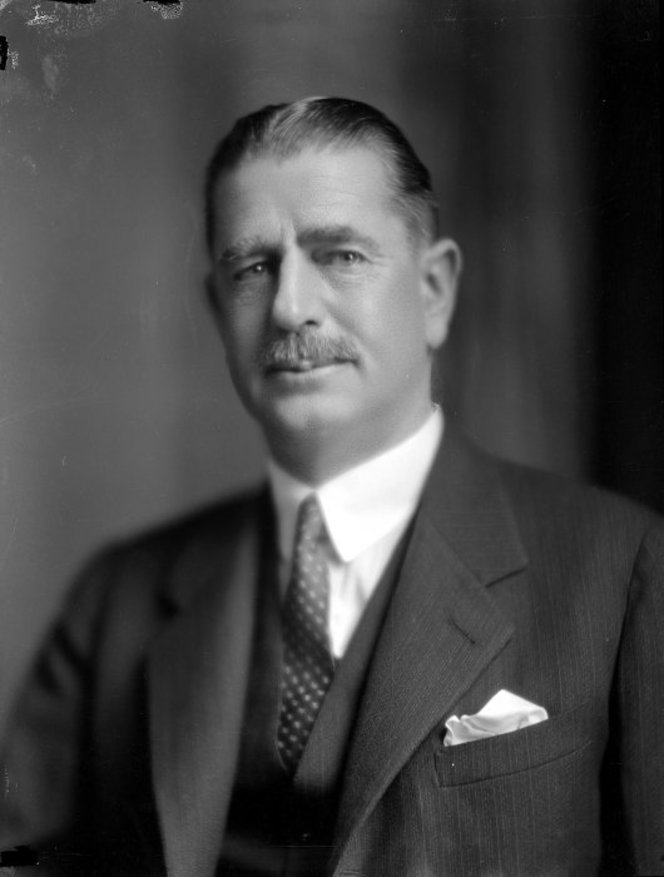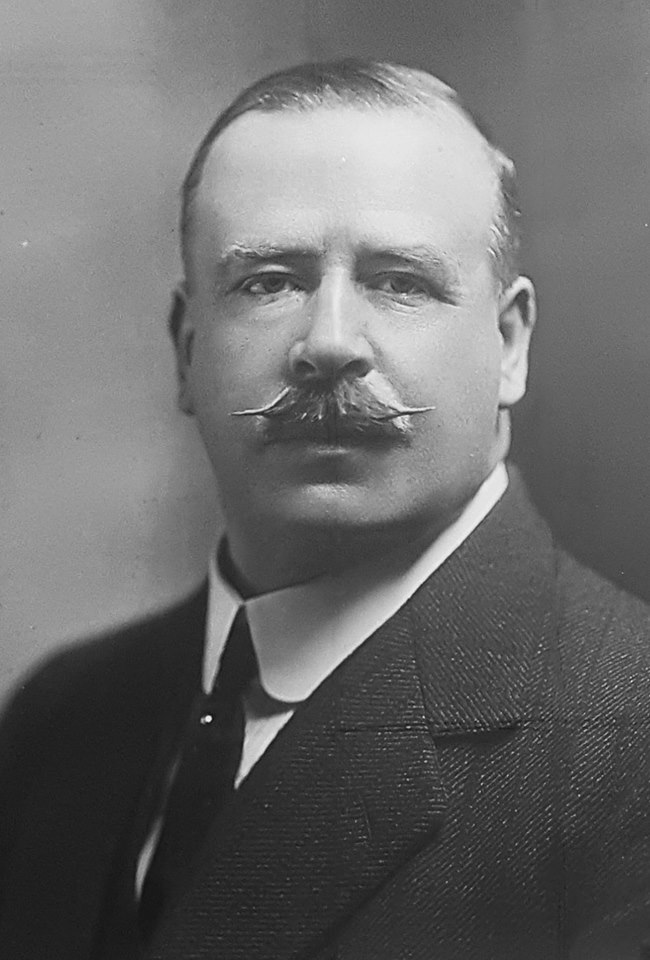|
Elizabeth McCombs
Elizabeth Reid McCombs (née Henderson, 19 November 1873 – 7 June 1935) was a New Zealand politician of the Labour Party who in 1933 became the first woman elected to the New Zealand Parliament. New Zealand women gained the right to vote in 1893, though were not allowed to stand for the House of Representatives until the election of 1919. McCombs had previously contested elections in 1928 and 1931. Early years McCombs was born in Kaiapoi, North Canterbury, New Zealand. She was one of the nine children of Alice and Daniel Henderson. The family spent some years living in Ashburton, but in about 1882 the family moved to Christchurch. A passion for activism was embedded in her family, as some of her siblings were notable activists themselves. Two of McCombs' sisters, Stella Henderson and Christina Kirk Henderson, were both in the public eye; Stella writing for a prominent New Zealand newspaper, and Christina advocating for the suffrage movement. In 1886, her alcoholic father ... [...More Info...] [...Related Items...] OR: [Wikipedia] [Google] [Baidu] |
Lyttelton (New Zealand Electorate)
Lyttelton is a former New Zealand parliamentary electorate. It existed from 1853 to 1890, and again from 1893 to 1996, when it was replaced by the Banks Peninsula electorate. Population centres The New Zealand Constitution Act 1852, passed by the British government, allowed New Zealand to establish a representative government. The initial 24 New Zealand electorates were defined by Governor George Grey in March 1853. Lyttelton was one of the initial single-member electorates. The electorate was in the eastern suburbs of Christchurch, New Zealand, and included the port of Lyttelton. History The electorate was created in 1853 and existed until 1890. In the 1890 election, the Akaroa electorate covered the town of Lyttelton. The Lyttelton electorate was re-established for the 1893 election and existed until 1996, the first mixed-member proportional (MMP) election, when it was included in the Banks Peninsula electorate. The nomination meeting for the first election was held on 1 ... [...More Info...] [...Related Items...] OR: [Wikipedia] [Google] [Baidu] |
Kate Sheppard
Katherine Wilson Sheppard ( Catherine Wilson Malcolm; 10 March 1848 – 13 July 1934) was the most prominent member of the women's suffrage movement in New Zealand and the country's most famous suffragist. Born in Liverpool, England, she emigrated to New Zealand with her family in 1868. There she became an active member of various religious and social organisations, including the Women's Christian Temperance Union New Zealand (WCTU NZ). In 1887 she was appointed the WCTU NZ's National Superintendent for Franchise and Legislation, a position she used to advance the cause of women's suffrage in New Zealand. Kate Sheppard promoted women's suffrage by organising petitions and public meetings, by writing letters to the press, and by developing contacts with politicians. She was the editor of ''The White Ribbon'', the first woman-operated newspaper in New Zealand. Through her skilful writing and persuasive public speaking, she successfully advocated women's suffrage. Her pamphlets ' ... [...More Info...] [...Related Items...] OR: [Wikipedia] [Google] [Baidu] |
Wellington West (New Zealand Electorate)
Wellington West was a parliamentary electorate in the western suburbs of Wellington, New Zealand, from 1938 to 1946. It was represented by two Members of Parliament, including Catherine Stewart, the country's second female MP. It was succeeded by the Karori electorate. Population centres The 1931 New Zealand census had been cancelled due to the Great Depression, so the 1937 electoral redistribution had to take ten years of population growth into account. The increasing population imbalance between the North and South Islands had slowed, and only one electorate seat was transferred from south to north. Five electorates were abolished, one former electorate () was re-established, and four electorates were created for the first time, including Wellington West. By area, the Wellington West electorate was mostly made up from what previously belonged to the electorate. By population, it mostly gained areas from the electorate. Settlements within the electorate's area were Mākara a ... [...More Info...] [...Related Items...] OR: [Wikipedia] [Google] [Baidu] |
Catherine Stewart
Catherine Campbell Stewart (née Sword, 15 August 1881 – 2 April 1957) was a New Zealand politician of the Labour Party. Early life Born in Glasgow, she migrated with her family to New Zealand in 1921. She was an ardent suffragette, and a member of the Theosophical Society. At Labour's 1938 conference Stewart stated "I am not speaking as a feminist but as a woman who wishes to stand shoulder to shoulder with our men" in her acceptance to stand as a party candidate. Political career She won the Wellington West electorate in the , when she defeated long-standing MP Robert Wright. She was the second woman to be elected to Parliament after Elizabeth McCombs and first to enter parliament as a result of a general election. Stewart saw herself as the "Member for Everywoman" and felt obliged to concentrate on issues in the interests of women, children and those in need. In 1941, she was joined by Mary Dreaver, also of the Labour party, bringing the total of female MPs to two. ... [...More Info...] [...Related Items...] OR: [Wikipedia] [Google] [Baidu] |
The Evening Post (New Zealand)
''The Evening Post'' (8 February 1865 – 6 July 2002) was an afternoon metropolitan daily newspaper based in Wellington, New Zealand. It was founded in 1865 by Dublin-born printer, newspaper manager and leader-writer Henry Blundell, who brought his large family to New Zealand in 1863. With his partner from what proved to be a false-start at Havelock, David Curle, who left the partnership that July, Henry and his three sons printed with a hand-operated press and distributed Wellington's first daily newspaper, ''The Evening Post'', on 8 February 1865. Operating from 1894 as Blundell Bros Limited, his sons and their descendants continued the very successful business which dominated its circulation area. While ''The Evening Post'' was remarkable in not suffering the rapid circulation decline of evening newspapers elsewhere it was decided in 1972 to merge ownership with that of the never-as-successful politically conservative morning paper, '' The Dominion'', which belonged to ... [...More Info...] [...Related Items...] OR: [Wikipedia] [Google] [Baidu] |
King George V Silver Jubilee Medal
The King George V Silver Jubilee Medal is a commemorative medal, instituted to celebrate the 25th anniversary of the accession of King George V. Issue This medal was awarded as a personal souvenir by King George V to commemorate his Silver Jubilee. It was awarded to the Royal Family and selected officers of state, officials and servants of the Royal Household, ministers, government officials, mayors, public servants, local government officials, members of the navy, army, air force and police in Britain, her colonies and Dominions. For Coronation and Jubilee medals, the practice up until 1977 was that United Kingdom authorities decided on a total number to be produced, then allocated a proportion to each of the Commonwealth countries and Crown dependencies and possessions. The award of the medals was then at the discretion of the local government authority, who were free to decide who would be awarded a medal and why. A total of 85,234 medals were awarded, including *6,500 ... [...More Info...] [...Related Items...] OR: [Wikipedia] [Google] [Baidu] |
The Press
''The Press'' is a daily newspaper published in Christchurch, New Zealand owned by media business Stuff Ltd. First published in 1861, the newspaper is the largest circulating daily in the South Island and publishes Monday to Saturday. One community newspaper—''Northern Outlook''- is also published by ''The Press'' and is free. The newspaper has won the title of New Zealand Newspaper of the Year (in its circulation category) three times: in 2006, 2007 and 2012. It has also won the overall Newspaper of the Year title twice: in 2006 and 2007. History James FitzGerald came to Lyttelton on the ''Charlotte Jane'' in December 1850, and was from January 1851 the first editor of the ''Lyttelton Times'', Canterbury's first newspaper. From 1853, he focussed on politics and withdrew from the ''Lyttelton Times''. After several years in England, he returned to Canterbury concerned about the proposed capital works programme of the provincial government, with his chief concern the pro ... [...More Info...] [...Related Items...] OR: [Wikipedia] [Google] [Baidu] |
Member Of Parliament
A member of parliament (MP) is the representative in parliament of the people who live in their electoral district. In many countries with bicameral parliaments, this term refers only to members of the lower house since upper house members often have a different title. The terms congressman/congresswoman or deputy are equivalent terms used in other jurisdictions. The term parliamentarian is also sometimes used for members of parliament, but this may also be used to refer to unelected government officials with specific roles in a parliament and other expert advisers on parliamentary procedure such as the Senate Parliamentarian in the United States. The term is also used to the characteristic of performing the duties of a member of a legislature, for example: "The two party leaders often disagreed on issues, but both were excellent parliamentarians and cooperated to get many good things done." Members of parliament typically form parliamentary groups, sometimes called caucuse ... [...More Info...] [...Related Items...] OR: [Wikipedia] [Google] [Baidu] |
Christchurch North (New Zealand Electorate)
Christchurch North is a former New Zealand parliamentary electorate. The electorate comprised the northern half of what is now considered the Christchurch Central City. Population centres The previous electoral redistribution was undertaken in 1875 for the 1875–1876 election. In the six years since, New Zealand's European population had increased by 65%. In the 1881 electoral redistribution, the House of Representatives increased the number of European representatives to 91 (up from 84 since the 1875–76 election). The number of Māori electorates was held at four. The House further decided that electorates should not have more than one representative, which led to 35 new electorates being formed, including Christchurch North, and two electorates that had previously been abolished to be recreated. This necessitated a major disruption to existing boundaries. The boundaries of the Christchurch North electorate were Bealey Avenue in the north (then called North Town Belt), Fitzg ... [...More Info...] [...Related Items...] OR: [Wikipedia] [Google] [Baidu] |
1931 New Zealand General Election
The 1931 New Zealand general election was a nationwide vote to determine the shape of the New Zealand Parliament's 24th New Zealand Parliament, 24th term. It resulted in the United–Reform Coalition, newly formed coalition between the United Party (New Zealand), United Party and the Reform Party (New Zealand), Reform Party remaining in office as the United–Reform coalition Government of New Zealand, United–Reform Coalition Government, although the opposition New Zealand Labour Party, Labour Party made some minor gains despite tallying more votes than any other single party. Background In the 1928 New Zealand general election, 1928 election, the Reform Party (New Zealand), Reform Party won 28 seats to the United Party (New Zealand), United Party's 27 seats. Shortly after the election the Reform Party lost a vote of no-confidence and the United Party managed to form a government, the United Government of New Zealand, United Government, with the support of the New Zealand Labour ... [...More Info...] [...Related Items...] OR: [Wikipedia] [Google] [Baidu] |
Kaiapoi (New Zealand Electorate)
Kaiapoi was a rural New Zealand electorate, north of Christchurch in the Canterbury region of New Zealand from 1861 to 1946. It was represented by twelve Members of Parliament. Population centres The electorate was centred on the town of Kaiapoi to the north of Christchurch. In the , polling booths were in Kaiapoi, Clarkville, Rangiora and Woodend. History The electorate dates from 1861. Isaac Cookson was the first representative after winning the 1861. Cookson had previously represented the Christchurch Country electorate, which was abolished at the end of the term of the 2nd Parliament in 1960. Cookson resigned in 1863, and the resulting was won by Robert Wilkin. Wilkin retired at the end of the parliamentary term and was succeeded by Joseph Beswick, who won the , but resigned the following year. The resulting was won by John Studholme, who was confirmed at the but resigned in 1874. He was succeeded by Charles Bowen in the . Bowen was confirmed in the 1875 and ... [...More Info...] [...Related Items...] OR: [Wikipedia] [Google] [Baidu] |
1928 New Zealand General Election
The 1928 New Zealand general election was held on 13 and 14 November in the Māori and European electorates, respectively, to elect 80 MPs to the 23rd session of the New Zealand Parliament. 1928 was the year postal voting was introduced for certain specified groups (e.g. invalids) who could not get to a polling booth on election day. The election The 1928 election was held on Tuesday, 13 November in the Māori electorates, and on Wednesday, 14 November in the general electorates to elect a total of 80 MPs to the 23rd session of Parliament. A total of 844,633 electors were registered on the European roll, of which 743,691 (88.05%) turned out to vote. All 80 electorates were contested. 47 and 29 electorates were in the North Island and South Island, respectively, plus the 4 Māori electorates. In 1927, a faction of the decaying Liberal Party formed a new organisation, which was eventually named the United Party. In 1928, to the considerable surprise of most observers and many m ... [...More Info...] [...Related Items...] OR: [Wikipedia] [Google] [Baidu] |





